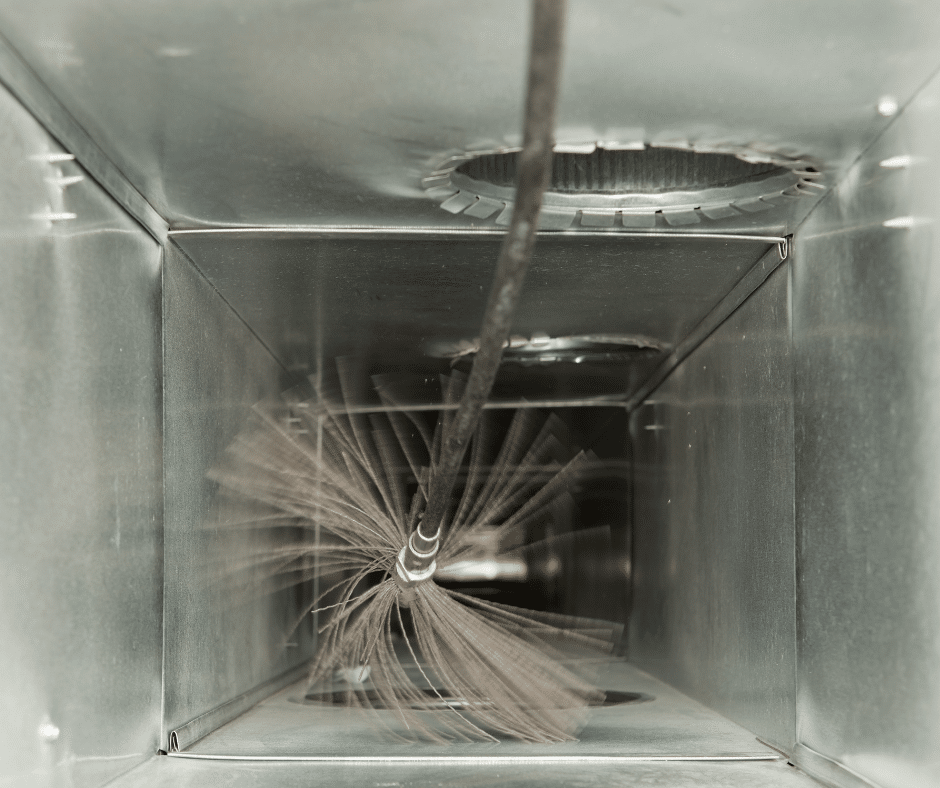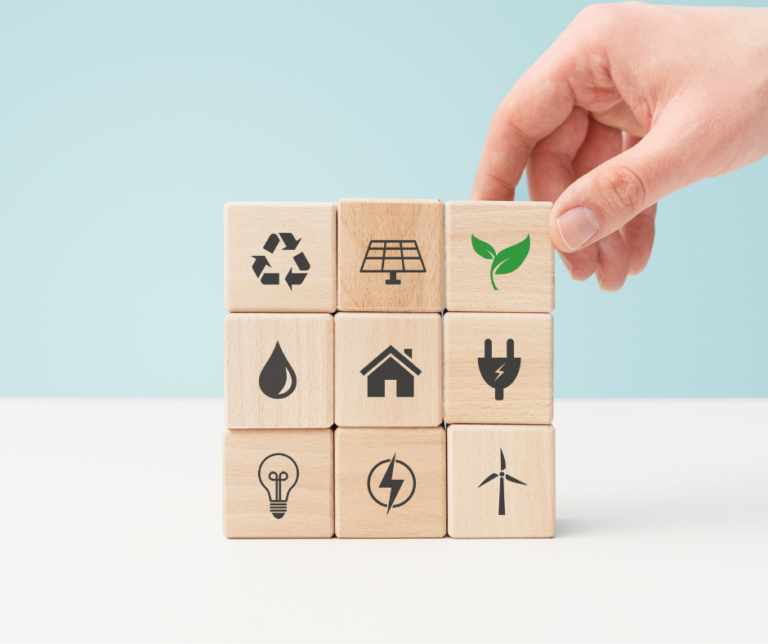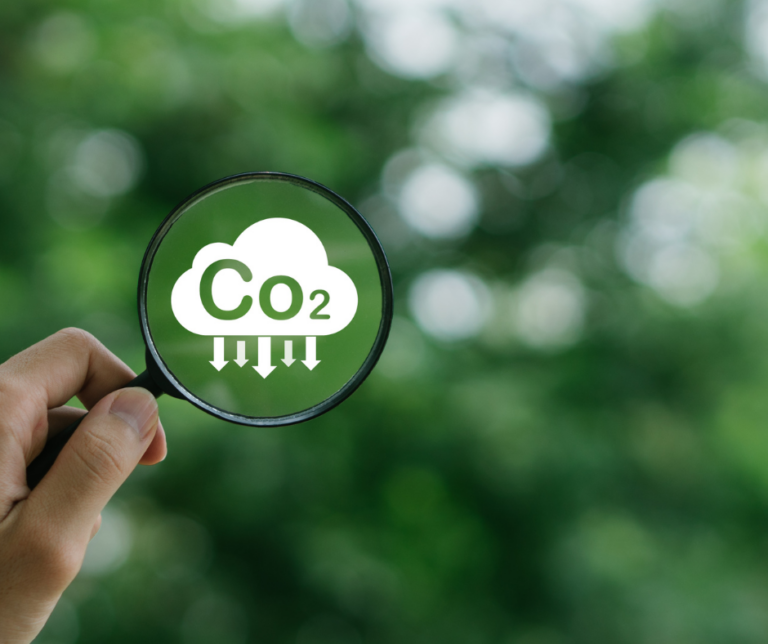Indoor Air Quality: The Issue Of Indoor Pollution
Today’s modern society confines us to indoor environments much more than what happened in the past. An average individual spends 80-90% of their time indoors, meaning that our quality of life is strictly related to the quality of that specific environment. In particular, air quality must be optimal: contrary to popular belief, pollution generates indoors too, threating people’s health and safety. Improving indoor air quality is of major importance to create safe spaces where to live and work.
Health Issues Caused By Indoor Pollution
Speaking about household air pollution, a great source of air contamination originates from kitchens: open fires or inefficient stoves fuelled by kerosene, biomass and coal, which pose threats to human health. Another point is that not all homes own a ventilation system, but they are present in most indoor places, like offices and all the others we mentioned before. HVAC systems, when not correctly managed from a hygienic point of view, can become a great source of indoor contamination too. Let’s just think about the Covid-19 pandemic and all the people who got ill in hospitals because the virus diffused through air ducts. Click on the buttons below to discover more about the illnesses linked to bad HVAC hygiene and indoor pollution!
How To Improve Indoor Air Quality
Improving indoor air quality is not an option: it’s one of the key elements to have a healthy life. Here is some advice on how to breathe clean air at home, at work and in all confined spaces.
Clean air at home
-if possible, open doors and windows to get fresh air inside your home;
-newly constructed buildings often have a ventilation system that helps filtering air for it to be always clean, especially when outdoor air is very polluted and opening windows would worsen the issue.

How to avoid workplace and other indoor environments’ air pollution
Contact us at info@remotair.com to schedule a free demo and discover more!





